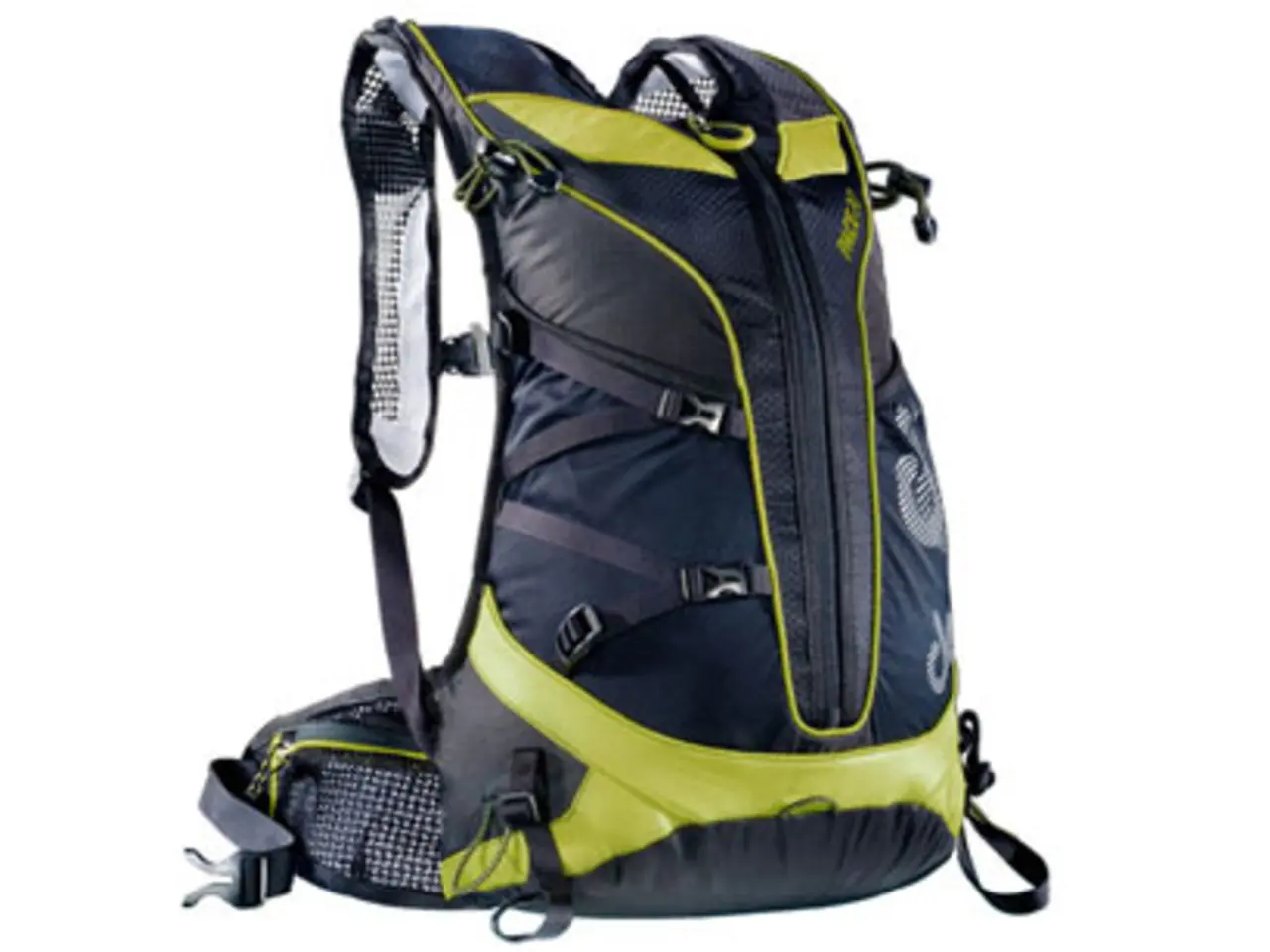Airport Safety Ratings: Zurich Receives Higher Ranking than Geneva and Basel from Pilots
In the face of increasing GPS interference due to geopolitical tensions, such as the war in Ukraine, the importance of airport safety has never been greater. Recently, the German Pilots' Association, in collaboration with Aeropers, conducted a comprehensive safety analysis of 31 German and Swiss airports.
The results of this analysis revealed Leipzig/Halle airport as the safest among the 31 airports analyzed. Geneva and Basel airports ranked 26th and 30th, respectively.
The safety analyses are not limited to meeting the minimum requirements set by authorities. Instead, they aim to help airports exceed these standards, ensuring a higher level of safety for all passengers and staff.
The 2025 safety analysis will continue to focus on key issues such as airplanes overshooting or leaving the runway unintentionally (excursion), unauthorized access to the runway (incursion), and evaluating backup infrastructure in the event of GPS jamming.
Aviation incidents occur daily worldwide, but the analysis focuses on these key issues to prevent potential accidents and improve safety standards.
Aeropers, the association representing Swiss International Air Lines and Edelweiss pilots, plays a significant role in enhancing airport safety in Switzerland. They contribute to this by participating in and continuing the annual safety assessment of the three major Swiss airports: Zurich, Geneva, and Basel.
This ongoing process supports Swiss airports in upholding high security standards, as exemplified by Zurich Airport’s consistently strong safety ratings in international comparisons.
Aeropers' involvement includes on-site checks focused on critically assessing airport safety measures, such as runway incursions—unauthorized access to runways—which are a significant safety concern linked to serious accidents.
By regularly taking part in these structured airport evaluations, Aeropers helps maintain and improve safety levels through continuous monitoring and feedback. This ongoing process supports Swiss airports in upholding high security standards.
In addition, Aeropers, through its safety head (a Swiss International Air Lines pilot), raises broader safety concerns related to operational factors, such as airspace congestion and workload on pilots, showing an active role in wider aviation safety discussion beyond just airport environments.
Aeropers has recently joined the project group for the first time, and they plan to conduct annual safety assessments at Switzerland's three national airports. They also intend to participate in Vereinigung Cockpit's airport check, using pilots' daily experience to continually inform and improve safety standards.
The full results of the 2025 report can be found at flughafencheck.ch.
The German Pilots' Association, in collaboration with Aeropers, conducts annual safety assessments at Switzerland's three national airports, aiming to help these airports exceed safety standards and address concerns in the industry. For instance, the 2025 safety analysis will focus on key issues like aviation incidents, such as airplanes overshooting or leaving the runway unintentionally, unauthorized access to the runway, and evaluating backup infrastructure in case of GPS jamming.








